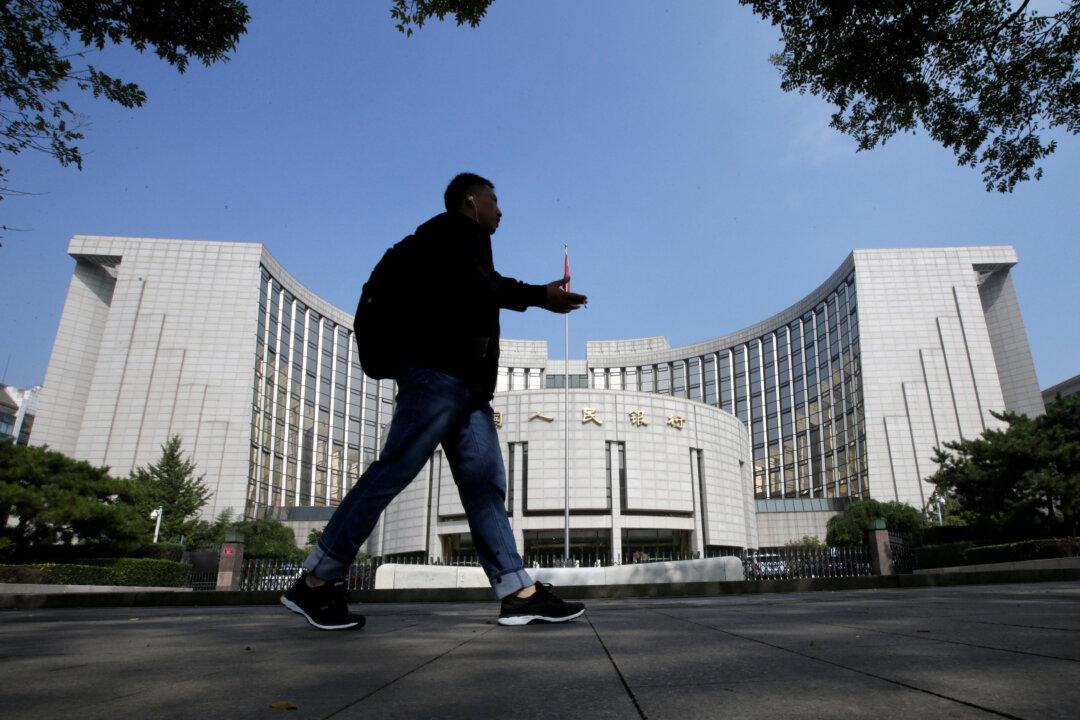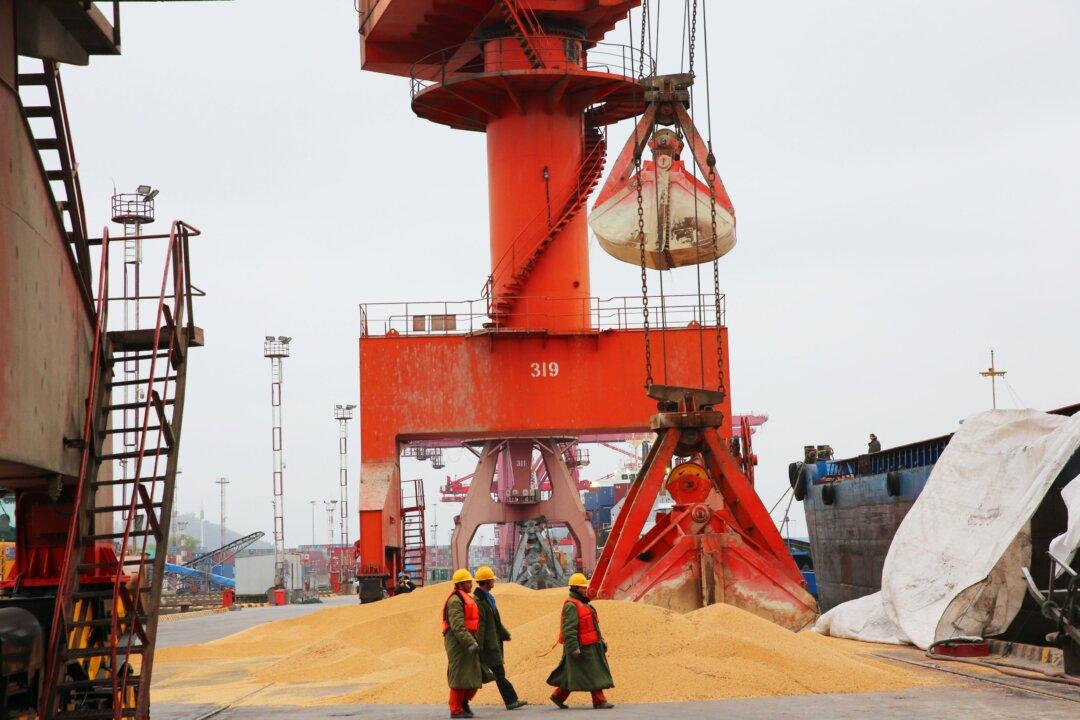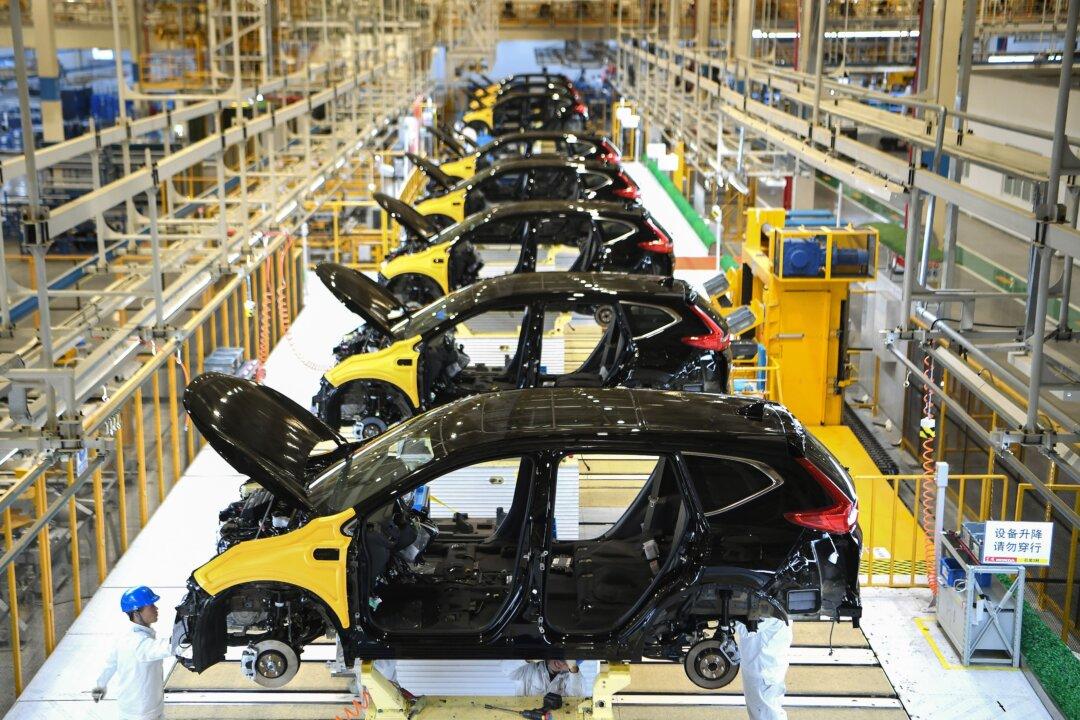China’s ‘Total Social Financing’ credit growth plunged by -55.3 percent in July as the IMF was calling for greater foreign exchange intervention transparency and disclosures.
July saw tremendous turmoil in China’s financial markets as protests in Hong Kong sped up capital flight, the People’s Bank of China (PBoC) was forced to seize insolvent Baoshang Bank and Bank of Jinzhou citing “serious” credit risks, and the annual rate of capital flight accelerated from $22 billion last year to a $139.2 billion annual rate.





